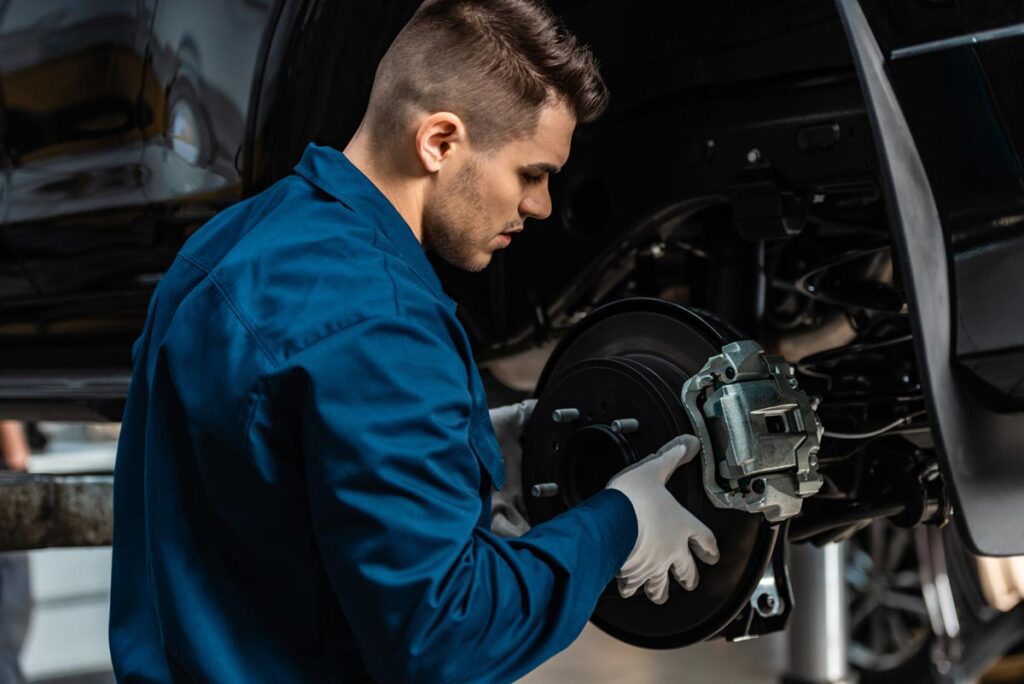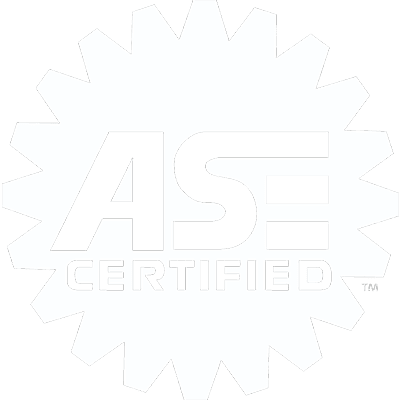Maintaining your car’s brakes is essential for your safety and the vehicle’s durability. This blog provides a comprehensive overview and will explore the importance of car brake maintenance, common issues to watch out for, and practical tips to ensure optimal brake performance. Regardless of your driving experience level, knowing how to repair your car’s brakes is critical. So let’s start and learn the necessary steps to keep your brakes in good condition.
Why Car Brakes Maintenance Matters
Proper Brake Maintenance
Regular brake maintenance is vital in ensuring your safety on the road. By inspecting and servicing your car brakes at recommended intervals, you can identify potential problems early on, preventing costly repairs and ensuring optimal performance. Neglecting brake maintenance can result in brake failure, longer stopping distances, and reduced braking effectiveness. Stay proactive and prioritize the health of your car brakes for a safer driving experience.
Common Car Brakes Issues and Solutions
Understanding common brake problems is crucial for timely detection and resolution. If you wonder, “Why do my brakes keep going bad?” There could be several reasons. Worn brake pads, warped rotors, or brake fluid leaks are common culprits. Addressing these issues is essential to maintain the effectiveness of your car brakes. You can ensure proper diagnosis and reliable repairs by seeking professional assistance for brakes in Allen, TX.
Practical Brake Maintenance Tips
Regular Inspection
Regular car brake system inspection is essential for optimal performance. Make it a routine to periodically inspect your brake pads, rotors, and brake fluid levels for wear or leaks. Checking your brake pads allows you to assess their thickness and determine if they need replacement.
Similarly, examining the rotors helps identify any warping or damage that may affect braking efficiency. Additionally, monitoring the brake fluid levels ensures proper hydraulic functioning.
Brake Pad Replacement
Brake pad replacement is a crucial maintenance task to ensure the effectiveness of your braking system. It is essential to replace brake pads when they reach the minimum thickness recommended by the manufacturer. Over time, brake pads wear down due to friction, reducing their ability to generate the necessary friction for efficient braking.
By replacing them at the appropriate thickness, you maintain optimal braking performance and enhance safety on the road. Ignoring worn brake pads can lead to compromised braking efficiency, longer stopping distances, and potential damage to other brake components.
Brake Fluid Flush
Regularly flushing and replacing the brake fluid is critical in maintaining optimal braking performance. Brake fluid is crucial in transmitting hydraulic pressure to engage the car brakes effectively. Braking system damage and decreased brake performance are possible consequences of brake fluid becoming contaminated with moisture, dirt, and debris over time.
By scheduling regular brake fluid flushes, you remove the old, compromised fluid and replace it with fresh, clean fluid, ensuring proper hydraulic function. This preventive maintenance task helps maintain a consistent brake pedal feel, improves brake response, and prolongs the life of brake components.
Gentle Driving
Practicing gentle driving and avoiding aggressive braking habits is essential for minimizing wear on your brake system. Refraining from sudden stops and opting for gradual deceleration reduces the strain and stress on your brakes. Aggressive braking generates excessive heat and friction, accelerating brake pad and rotor wear.
Adopting a smoother driving style allows your brakes to operate more efficiently and extend their lifespan. Additionally, gentle driving promotes fuel efficiency and a smoother ride experience.
Remember, a proactive approach to driving, such as maintaining a safe following distance and anticipating traffic conditions, enables you to brake gradually and preserve your brake system’s integrity. Embrace gentle driving habits to protect your brakes and enhance their performance for the long haul.
Proper Parking
Proper parking practices reduce stress on your brake components and ensure longevity. Whenever you park your vehicle, it is essential to engage the parking brake. Doing so allows you to distribute the vehicle’s weight evenly, preventing excessive strain on the brakes.
The parking brake secures the car, alleviating the burden on the brake pads and rotors. This simple yet effective step helps prevent unnecessary wear and extends the lifespan of your brake system.
Additionally, engaging the parking brake adds an extra layer of safety, preventing unintended vehicle movement, especially on inclines. Please develop the habit of constantly applying the parking brake when you stop your car to keep your brakes safe and ensure they work at their best.
Takeaway

Maintaining Your Car Brakes: A Comprehensive Overview
Maintaining your car brakes is crucial for your safety and vehicle longevity. You can ensure optimal brake performance by prioritizing regular inspections, addressing common brake issues promptly, and following practical maintenance tips. Pay attention to the importance of professional assistance when necessary. Remember, a well-maintained brake system provides peace of mind and contributes to a safer driving experience.
Take charge of your car’s safety.
Schedule a car brakes inspection or maintenance service at Aloha Auto Repair in Allen, TX to ensure your brakes are in top condition. Trust our expert technicians to provide reliable and efficient brake services, keeping you safe on the road. Call us today.






